Guinea pigs, like rabbits, have incisors. The incisors and molars grow throughout your guinea pig's life. The teeth wear down when they are pushed over each other while eating. A guinea pig has 4 incisors and 16 molars. When tooth growth and tooth wear are not balanced, problems can arise. The molars can grow so far that a bridge forms over the tongue. This will prevent your guinea pig from using its tongue when eating. A guinea pig's front teeth grow 6-8 cm per year.
How to recognize dental problems in guinea pigs?
It often takes a long time before dental problems are noticed. Guinea pigs, like rabbits, are flight animals by nature and therefore hardly show any pain. That's because an animal that shows pain in the wild is easy prey.
Guinea pigs are less likely to be bitten in the cheeks by sharp bits of tooth. In guinea pigs, the problems form on the inside of the teeth, while in rabbits they are on the outside. In guinea pigs, the molars grow like a bridge over the tongue. A guinea pig with dental problems may have particular difficulty using its tongue. You may notice that your guinea pig keeps going to the food bowl but then doesn't eat. Your guinea pig is unable to eat. This will also cause your guinea pig to lose weight. Other things you might notice are a wet chin (because he's drooling a lot), a bad coat, grinding his teeth (which is a sign of pain), and general nausea.
What Can Cause Dental Problems in Guinea Pigs?
Guinea pigs often have different problems that prevent their teeth from wearing down properly than rabbits. Rabbits often have crooked teeth. In guinea pigs, there is often an underlying problem.
For example, vitamin C deficiency, which weakens the jaw muscles and leads to painful jaw joints. Vitamin D deficiency (due to lack of sunlight) leads to softer teeth that erupt easily. All guinea pigs have their first molars misaligned and overgrowth in this area soon occurs. Here the bridge is formed.
A misalignment can also be a cause. This can be caused by an accident (trauma) where the jaw is dislocated or a tooth breaks off. Abscesses also occur in guinea pigs and can cause crooked teeth.
What can I do about dental problems in my guinea pig?
If you suspect your guinea pig has a problem with its teeth, don't wait too long. It's best to see a veterinarian as early as possible. The longer you wait, the less your guinea pig will eat. Your guinea pig will then become debilitated, making treatment even more risky.
As with rabbits, your veterinarian can sanitize your guinea pig's teeth. This must always be done under anesthesia. After the treatment, it is important that you keep a close eye on your guinea pig for the first few days. It is important that it starts to eat independently again. Usually this is not a problem, but sometimes it is necessary to force-feed your guinea pig. Make sure you use guinea pig food for this (because of the vitamin C).
As previously mentioned, a dental problem in guinea pigs is usually not just a mouth problem. It's important to look for the cause: is your guinea pig getting enough vitamins C and D?
Can I prevent dental problems in my guinea pig?
Getting enough vitamin C and getting enough vitamin D are two things that are easy to take care of. A crooked jaw caused by an accident cannot always be prevented. It is very important that your guinea pig gets plenty of hay to give it a chance to wear down its teeth naturally.
This text was translated with a translation machine
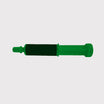 Horse Pharmacy
Horse Pharmacy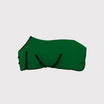 Rugs
Rugs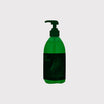 Care
Care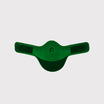 Saddle and Attachments
Saddle and Attachments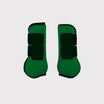 Leg Protection
Leg Protection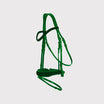 Bridles
Bridles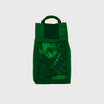 Feed
Feed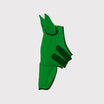 Fly Masks
Fly Masks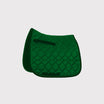 Saddle Pads
Saddle Pads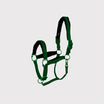 Headcollars and Ropes
Headcollars and Ropes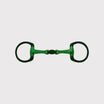 Bits
Bits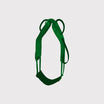 Other Disciplines
Other Disciplines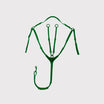 Reins and Auxiliary Reins
Reins and Auxiliary Reins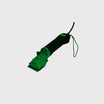 Clipping
Clipping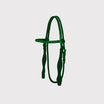 Western
Western Eventing
Eventing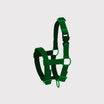 Foals
Foals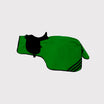 Reflection
Reflection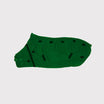 Therapy Products
Therapy Products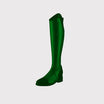 Boots and Shoes
Boots and Shoes Breeches and Belts
Breeches and Belts Tops
Tops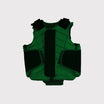 Safety
Safety Competition
Competition Heated Clothing
Heated Clothing Gloves
Gloves Socks
Socks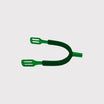 Spurs and Attachments
Spurs and Attachments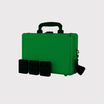 Technology
Technology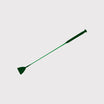 Whips
Whips Gifts
Gifts Casual Wear
Casual Wear Underwear
Underwear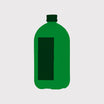 Rider Pharmacy
Rider Pharmacy Bags
Bags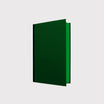 Books
Books Laundry supplies
Laundry supplies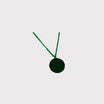 Jewelry
Jewelry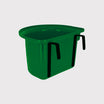 Feed and Waterbowls
Feed and Waterbowls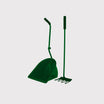 Equipment
Equipment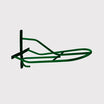 Tack Room
Tack Room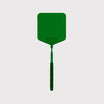 Pest Control
Pest Control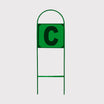 Arena
Arena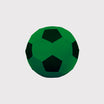 Horse Toys
Horse Toys Wheelbarrows
Wheelbarrows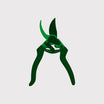 Yard
Yard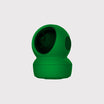 Surveillance
Surveillance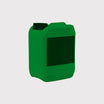 Disinfect
Disinfect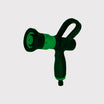 Washing Area
Washing Area Lighting
Lighting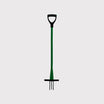 Horse Pasture
Horse Pasture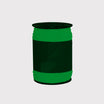 Current Conductors
Current Conductors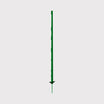 Pole
Pole Insulators
Insulators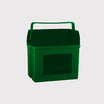 Energisers
Energisers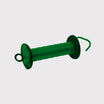 Gate Handles
Gate Handles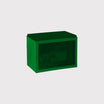 Batteries and Accumulator
Batteries and Accumulator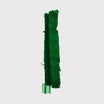 Nets
Nets Grounding
Grounding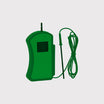 Tools
Tools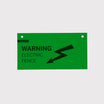 Fencing Security
Fencing Security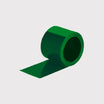 Wolf Defense
Wolf Defense Fencing Sets
Fencing Sets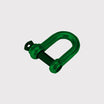 Fence locks
Fence locks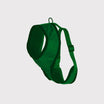 Dogs
Dogs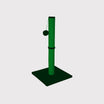 Cats
Cats Rodents
Rodents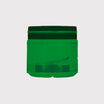 Dogs Pharmacy
Dogs Pharmacy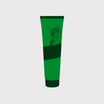 Cats Pharmacy
Cats Pharmacy Rodents Pharmacy
Rodents Pharmacy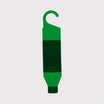 Cattle Pharmacy
Cattle Pharmacy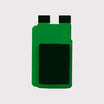 Poultry Pharmacy
Poultry Pharmacy Veterinary Supplies
Veterinary Supplies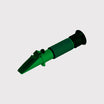 Cattle
Cattle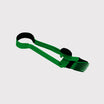 Sheep and Goats
Sheep and Goats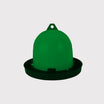 Poultry
Poultry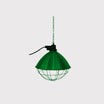 Heat Lamps
Heat Lamps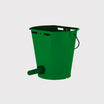 Calves
Calves Marking
Marking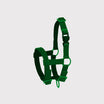 Halters
Halters